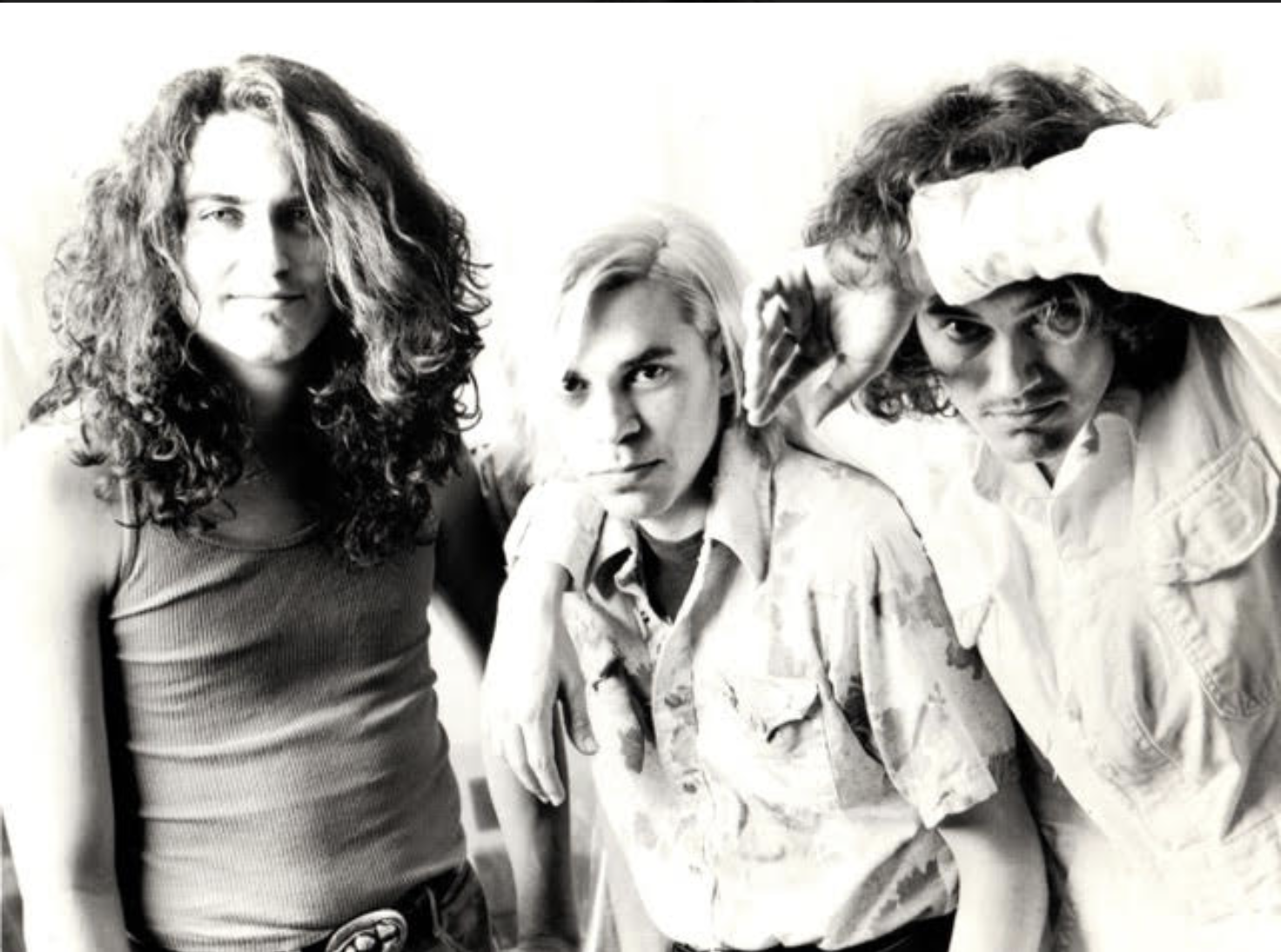Name Derrick Bostrom
Best known for Drummer/keeper of the flame for Meat Puppets
Current city Phoenix, Arizona
Really want to be Outside.
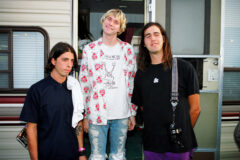
Also Read
Nirvana’s 10 Best Cover Songs
Excited about The Meat Puppets are releasing new editions of their SST catalog on Megaforce Records. In a Car and Up on the Sun are out now. We also have a new live album, Camp Songs, also out now. Additionally, our long out-of-print debut major label release, 1991’s Forbidden Places will be available in a limited colored vinyl edition for Record Store Day on November 25th.
My current music playlist has a lot of Cecil Taylor and Bobby Russell.
And a little bit of Chicago house.
5 Albums I Can’t Live Without:
The five albums I have chosen contain music I discovered in my formative years. They have become part of the landscape. I could no more do without these albums than I could Denmark or Puerto Rico.
1
Screaming Target, Big Youth
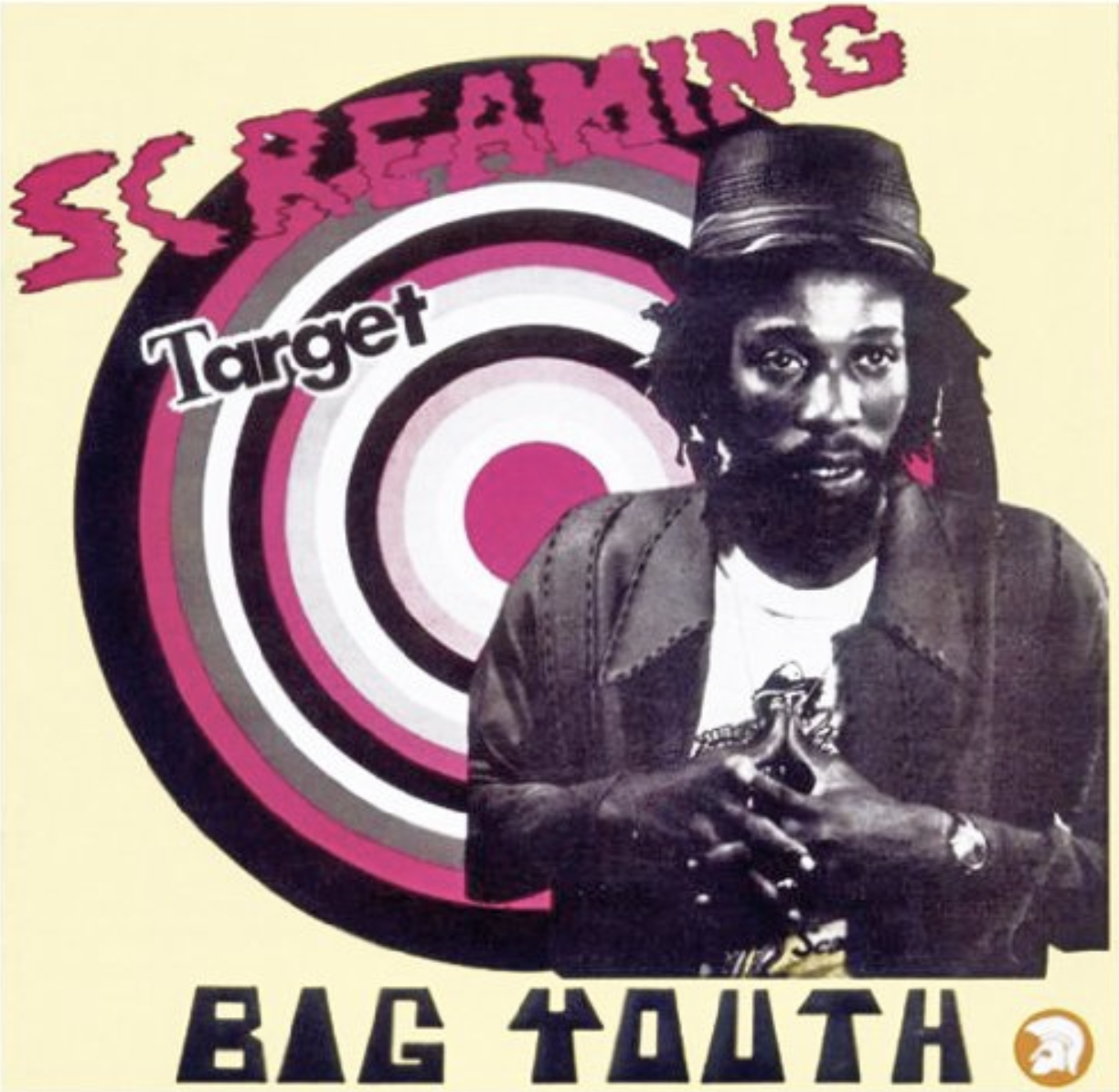
I used to stare and stare at this record when I was 19, afraid to pull it from the bin. I knew nothing about reggae and money was tight, after all. But it sat there for weeks — the only copy in town — and nobody else bought it. I finally convinced myself that it had been put there just for me. Turns out, it’s one of the greatest reggae albums of its time. I knew nothing back in the late ‘70s about dubbing, toasting, or anything else about the Jamaican music scene, so I was forced to fill in the blanks on my own. But the more I learned, the more I deciphered the slang, decoded the references, and familiarized myself with the hit rhythms these songs are taken from, the more my reverence for this album has grown.
2
Cosmic Slop, Funkadelic
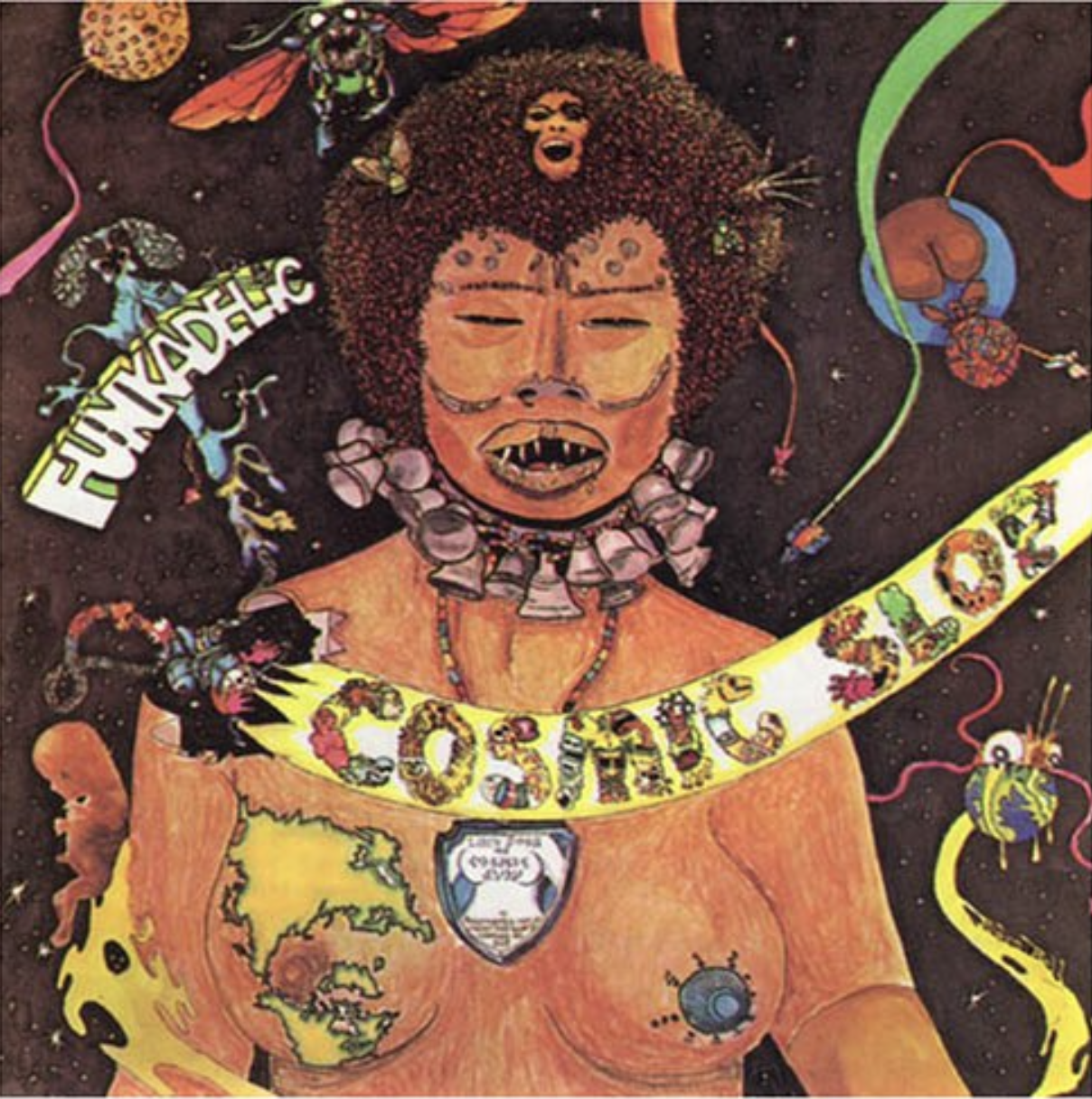
A commercial failure at the time of its release, the album’s soulful cartoonish ear candy weaves a tale of corruption, violence, and the mass delusion that dogs the human race. Sexual exploitation is both a real-life tragedy and over-arching metaphor for humanity’s “March to the Witch’s Castle.” The redemption of love is nothing more than another lie we tell ourselves. The only true redemption comes when we refrain from averting our gaze.
3
Dragnet, The Fall
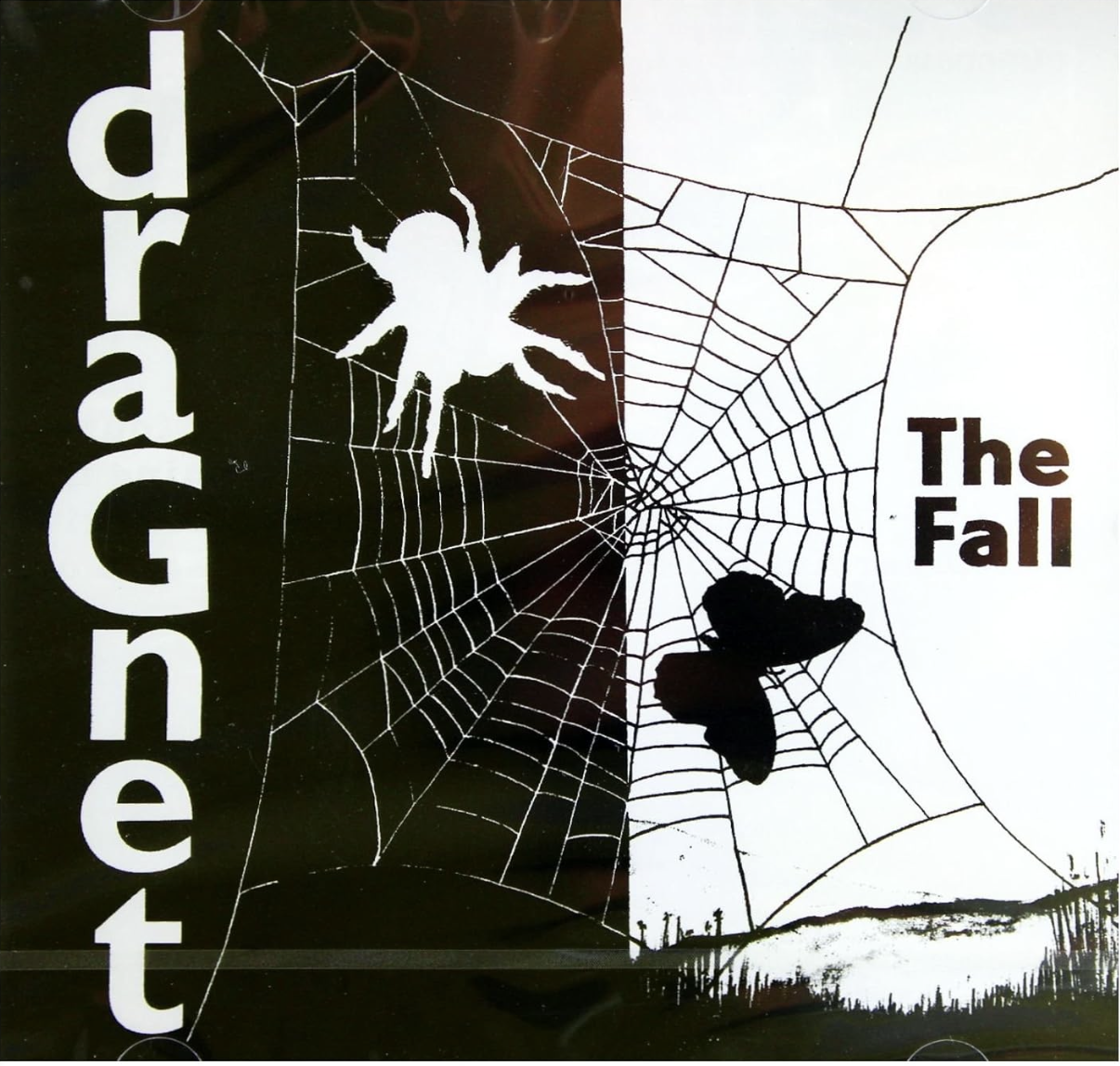
Mark E. Smith dropped this masterpiece onto unsuspecting punk fans with the pugnacious assumption that we were actually listening. Some of the songs here do party like punk rock, but those that really resonate require a fair bit of work to unpack. Mark doesn’t make it easy for us. The words are slurred and buried in the mix. The recording is so unrepentantly muddy that the studio where the album was recorded lobbied to have its name taken off the credits. Perhaps in order to really understand what’s going on, you’d actually have to be Mark Smith, but it’s definitely worth a try.
4
From Elvis in Nashville, Elvis Presley
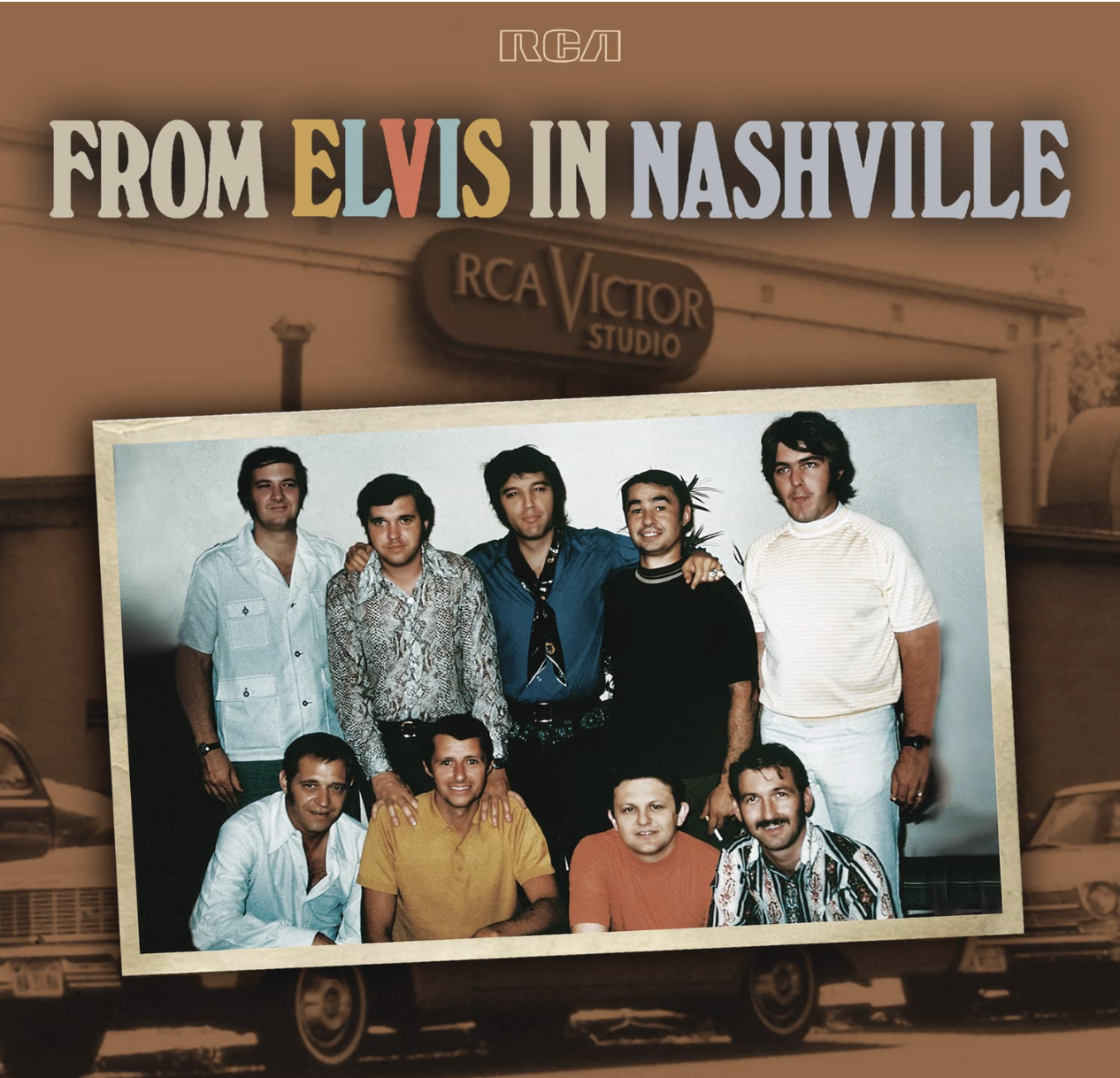
The legendary June 1970 “Marathon Sessions” are Elvis Presley’s creative high-water mark. He brought together some of the finest session players in town and then just let rip on as many songs as he could think of. They cut three albums from the session and a handful of singles. This compilation reveals the session of June 1970 to be a seismic event, stripping the tracks of their overdubs and focusing on the craft of the musicians and Elvis’ genius for capturing lightning in a bottle. I’m not one of those who feels that the final albums were over-polished; I miss the original final mixes, but they can be had elsewhere. Even on material that Elvis proclaims to be “mediocre shit,” his magic is on full display.
5
Uncle Meat, Mothers of Invention
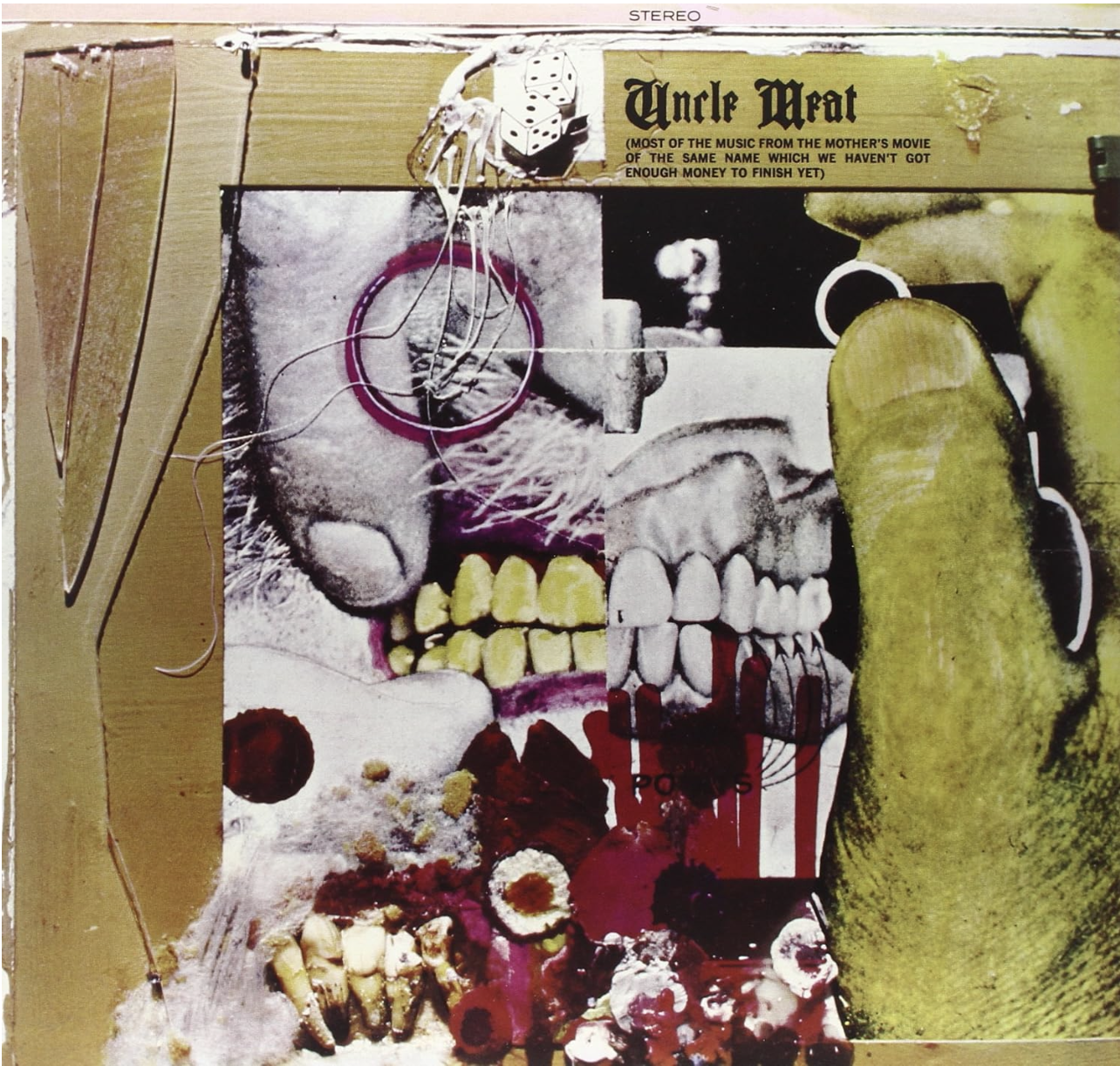
Frank Zappa was constrained by a hostile record company, an uncomprehending public, a band that could barely play his music, and a budget woefully inadequate to the task at hand. But he forged ahead, bringing forth – by sheer force of will – an opus that encapsulated the scope of his musical vision, ranging from Edgard Varèse and free jazz to psychedelia and doo-wop. Full of fascinating studio wizardry and a documentarian conceit, this album jettisons most of the “outrageous” social “commentary” that Zappa is best known for, sticking largely to instrumental music and pachuco pastiche, presenting a comparatively honest look at what makes Zappa great.

